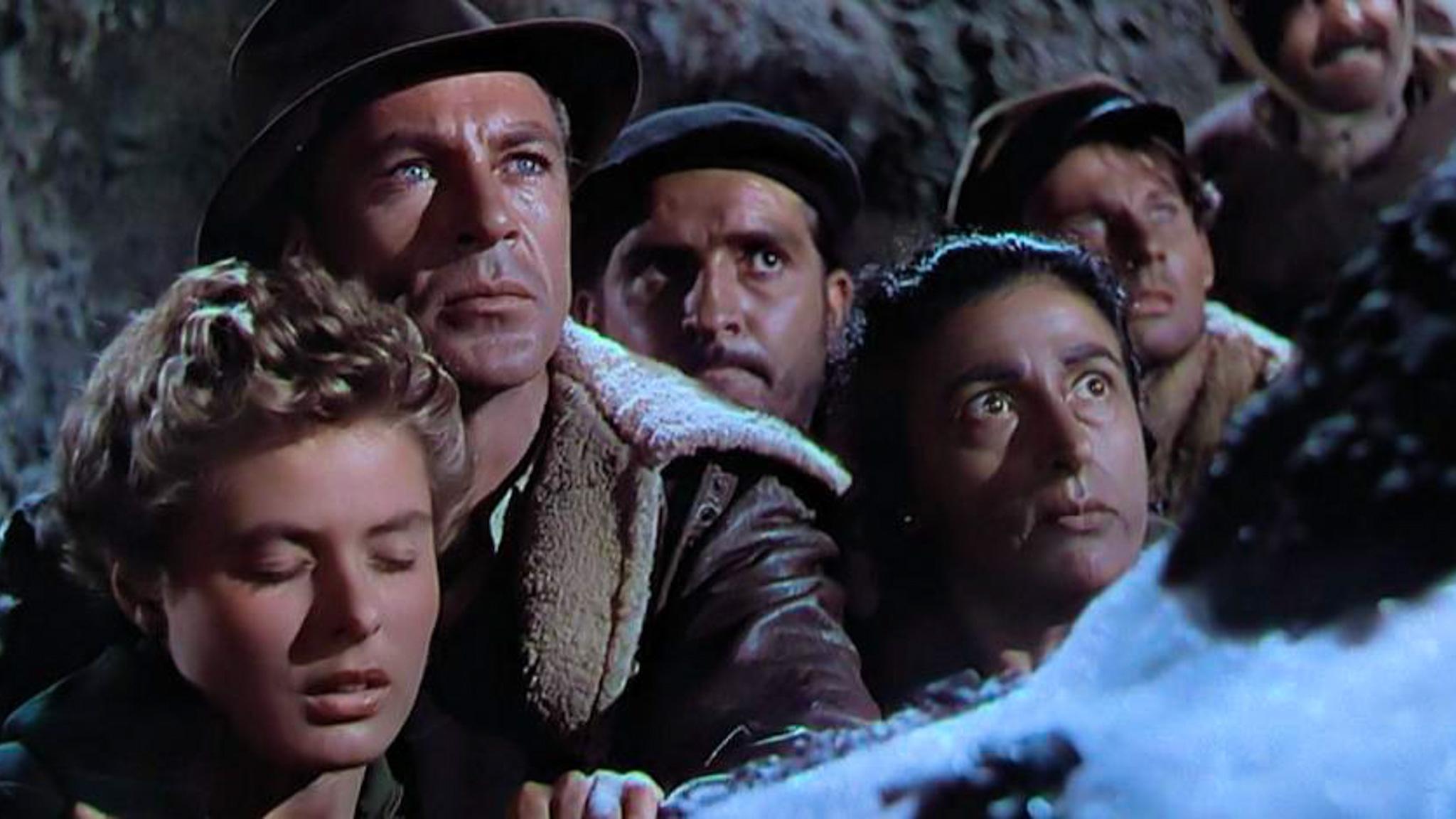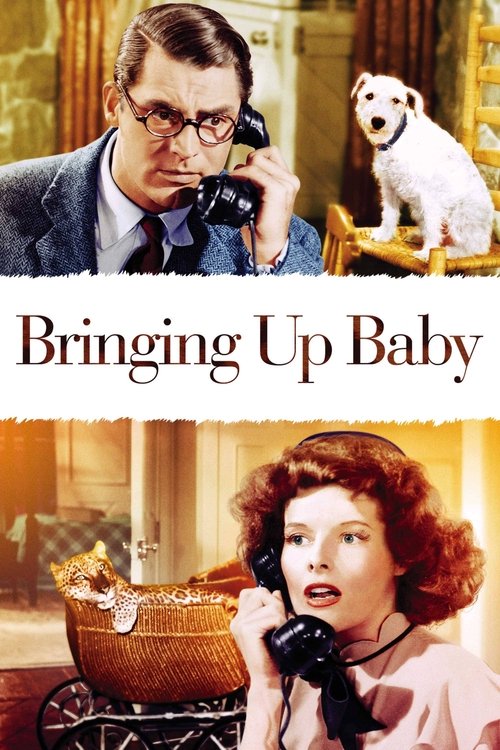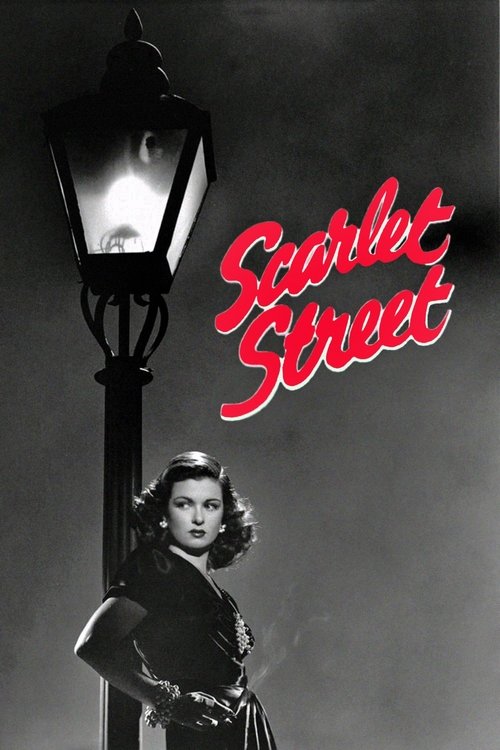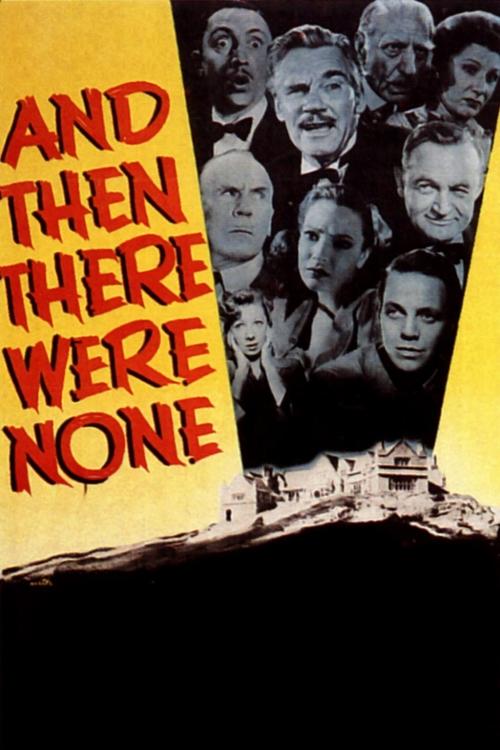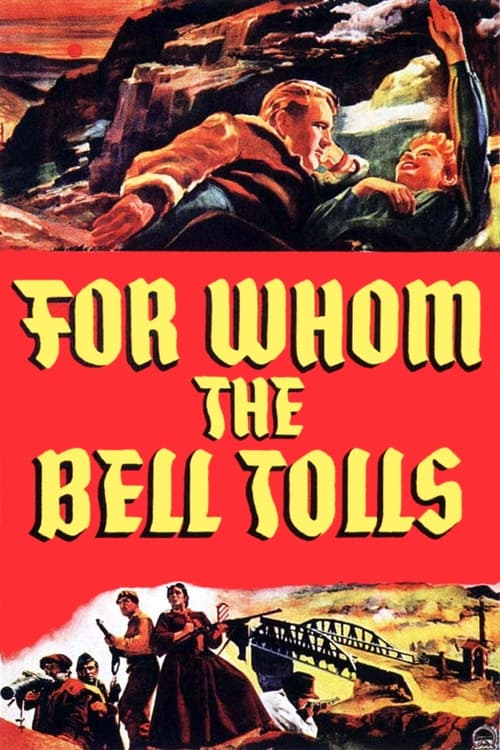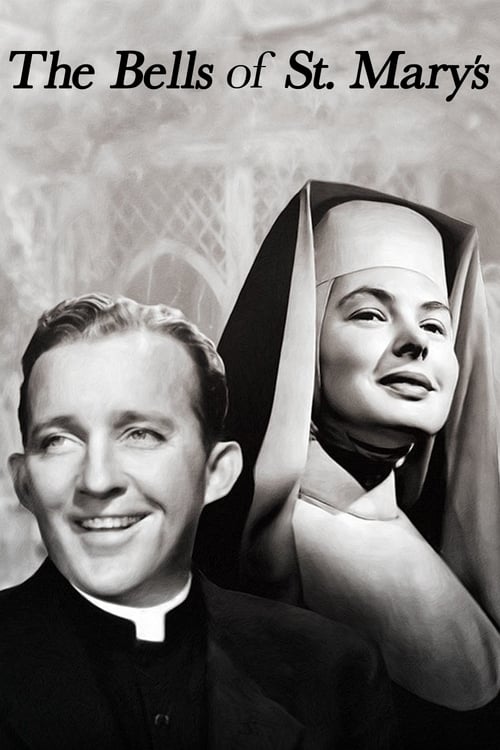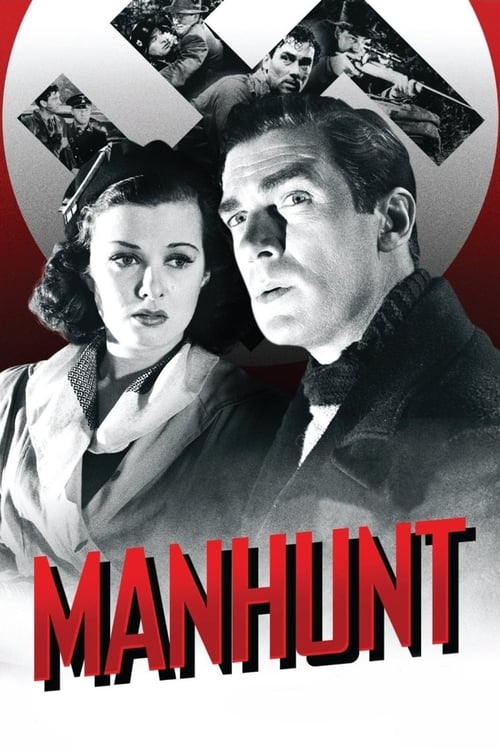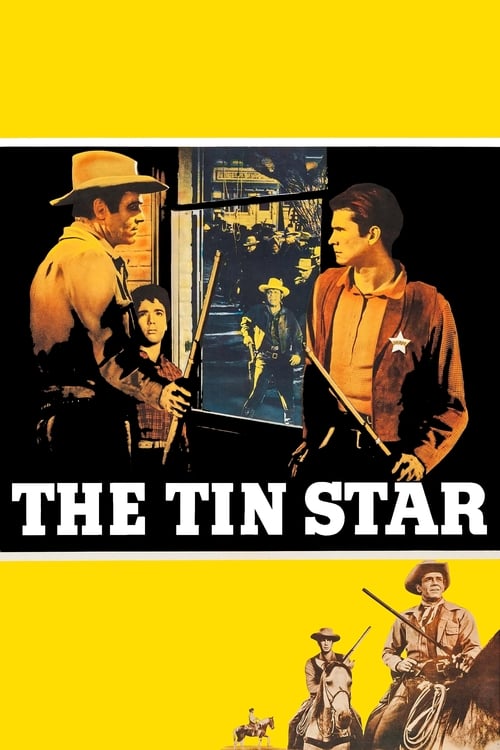Dudley Nichols
From Wikipedia, the free encyclopedia
Dudley Nichols (April 6, 1895 – January 4, 1960) was an American screenwriter and director.
Dudley Nichols was born April 6, 1895, in Wapakoneta, Ohio. He studied at the University of Michigan where he was active member of the Sigma Chapter of Theta Xi fraternity.
After working as a reporter for the New York World, Nichols moved to Hollywood in 1929 and became one of the most highly regarded screenwriters of the 1930s and 1940s. He collaborated on many films over many years with director John Ford, and was also noted for his work with George Cukor, Howard Hawks, Fritz Lang and Jean Renoir.
Nichols wrote or co-wrote the screenplays for films including Bringing Up Baby (1938), Stagecoach (1939), For Whom the Bell Tolls (1943), Scarlet Street (1945), And Then There Were None (1945), The Bells of St. Mary's (1945), Pinky (1949) and The Tin Star (1957).
Nichols initially declined the Academy Award he received for The Informer, due to a dispute between the Screen Writers Guild, of which he was a founder, and the Academy of Motion Picture Arts and Sciences. He collected the award at the 1938 Oscar ceremony. He served as president of the Screen Writers Guild in 1937 and 1938.
He also co-wrote the documentary The Battle of Midway, which won the 1942 Academy Award for Best Documentary Feature.
Nichols produced and directed three films—Government Girl (1943), Sister Kenny (1946) and Mourning Becomes Electra (1947)—for which he also wrote the screenplay.
In 1954 he received the Laurel Award for Screenwriting Achievement from the Writers Guild of America.
He died in Hollywood of cancer in 1960 and was interred in the Hollywood Forever Cemetery.
